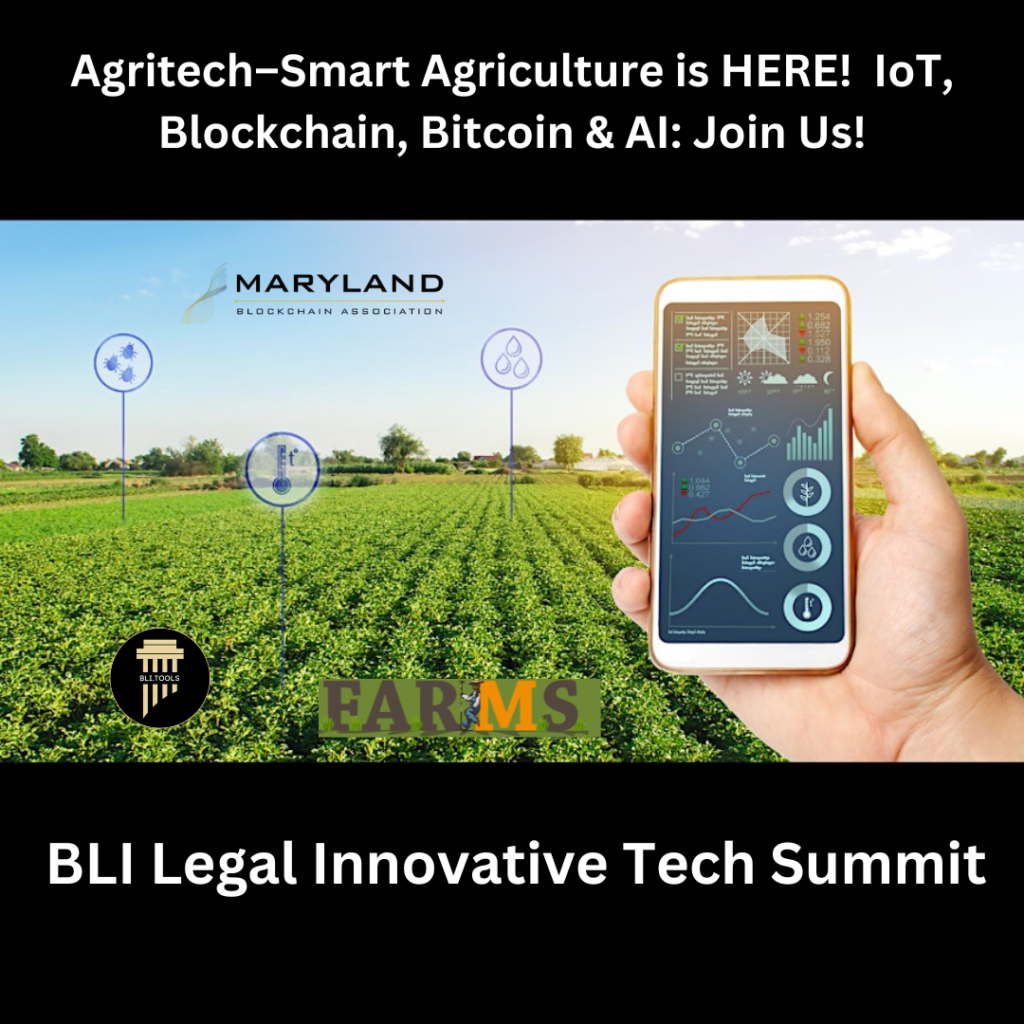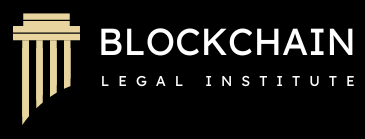Blockchain’s Role in Preventing Foodborne Illness: Lessons from Recent Outbreaks
Recent foodborne illness outbreaks in the United States have highlighted the urgent need for enhanced food safety measures. In December 2024, over 80 people fell ill with norovirus after consuming contaminated oysters at a high-profile Los Angeles event. Just a month earlier, a multistate Salmonella outbreak linked to cucumbers affected 100 people across 23 states, resulting in 25 hospitalizations.
These incidents underscore the critical importance of rapid response and traceability in the food supply chain—areas where blockchain technology can make a transformative impact. Companies like Walmart are already leveraging blockchain through platforms like IBM’s Food Trust to track produce from farm to table. This technology enables retailers to identify contamination sources within minutes, allowing for precise recalls that reduce waste and protect public health.
While Walmart’s recent recall of broccoli due to listeria concerns did not explicitly credit blockchain, their adoption of this technology underscores its potential in managing food safety crises. Blockchain ensures transparency and accountability by creating an immutable digital ledger, empowering companies to act swiftly and consumers to trust the food on their plates.
As outbreaks become more complex and interconnected, blockchain, combined with AI and other advanced technologies, offers a powerful tool for safeguarding the food supply. With real-time tracking and enhanced traceability, the future of food safety is clear—and blockchain is leading the way.
#Blockchain #FoodSafety #AgTech #Walmart #PublicHealth
Learn more about AgriTech on January 28th


